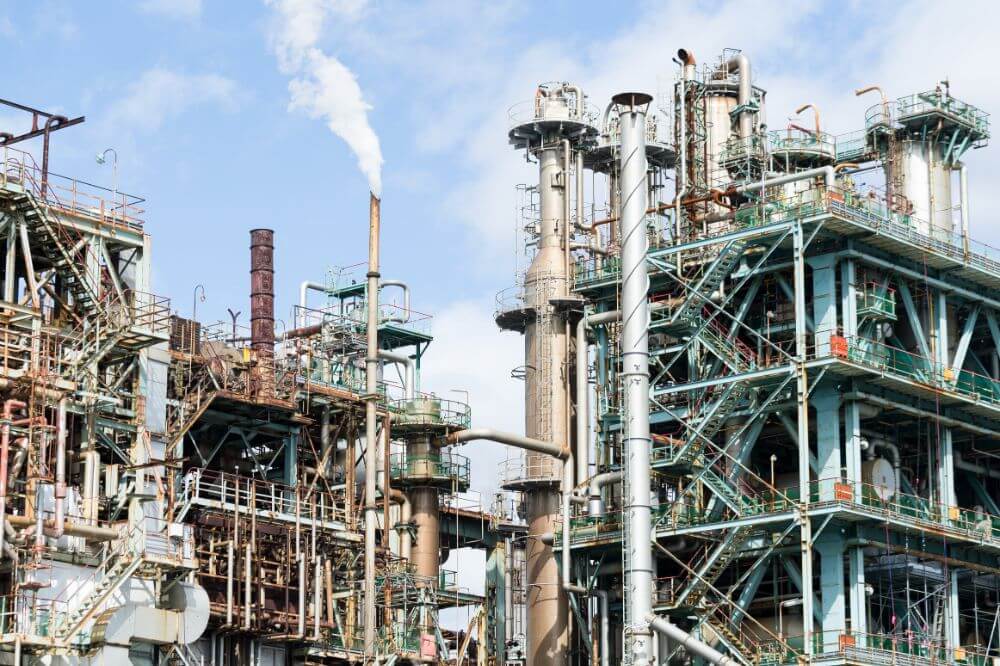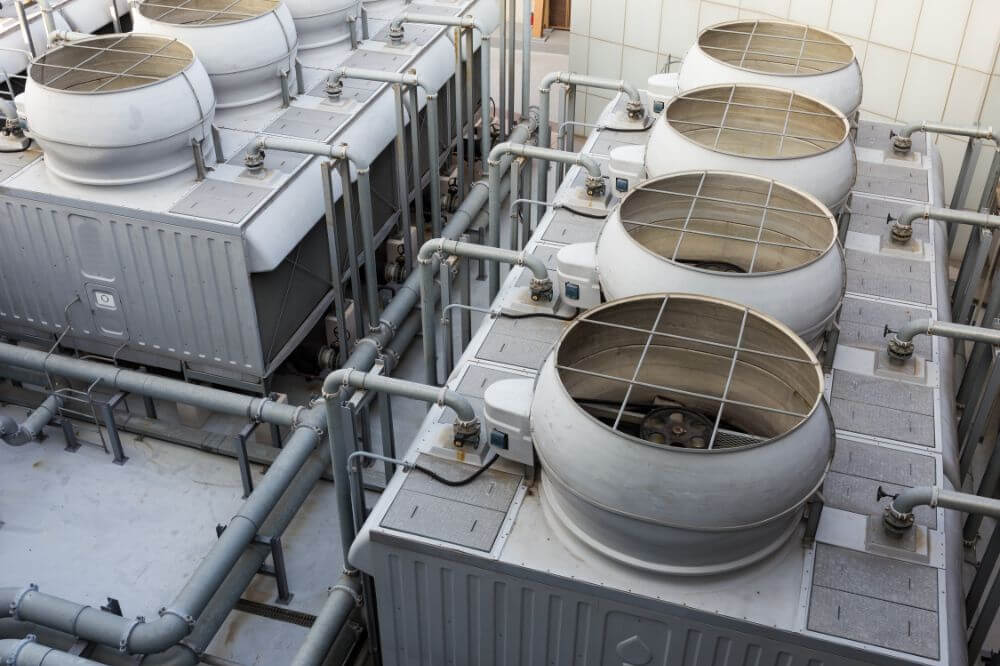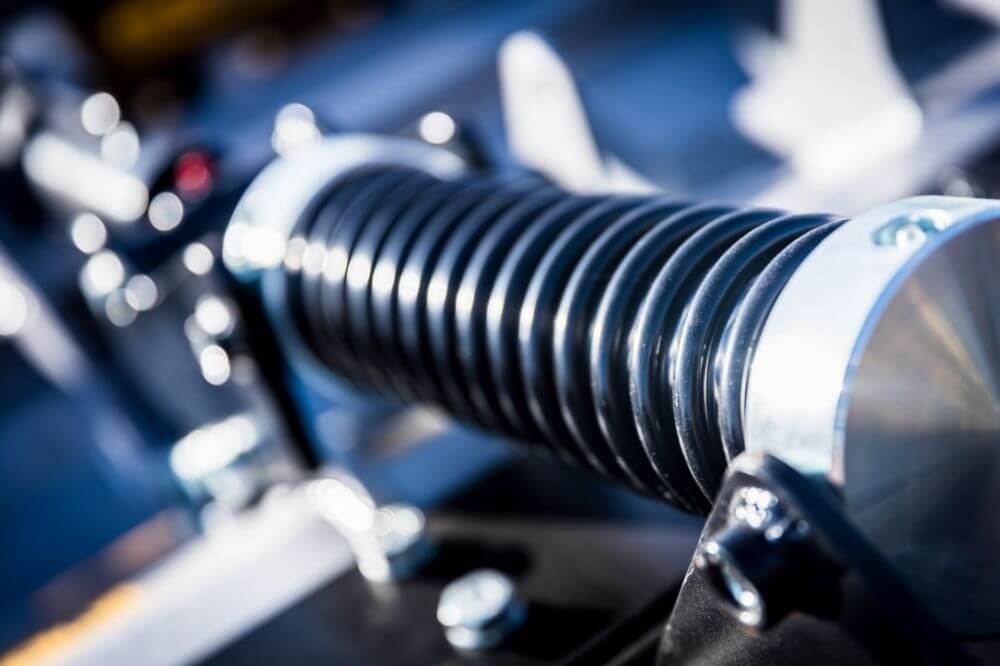
5 Uses of Spiral Pipes in the Chemical Industry
What are the applications of spiral pipes in the chemical industry?
- Chemical transportation
- Ventilation systems
- Process piping
- Water treatment plants
- Heat exchangers
Spiral pipes are some of the most widely-used steel materials in the chemical industry. From being used to transport chemicals to functioning as heat exchangers, they play a crucial role in various chemical projects and procedures.
In this blog post, we will discuss the various uses of spiral pipes in the chemical industry. Read on to learn more.
Chemical Transportation
Materials in the chemical industry can contain highly corrosive compounds that damage the steel pipe used in transporting the chemical during their production. This is evident when you’re using conventional pipes that are made with polyvinyl chloride materials, which are relatively brittle and vulnerable to cracking when exposed to high temperatures or chemicals, and if they get burned, they release harmful chemicals that could bring a negative impact on people nearby and the environment.
On the other hand, spiral pipes are widely used in transporting chemicals since they are resistant to corrosion, making them the ideal choice to use. Plus, their spiral design allows for greater flexibility, which makes them a lot easier to route around other structures. Not to mention their smooth interior surface that reduces friction when transporting chemicals.
Ventilation Systems

Because the chemical industry often deals with harmful substances that could produce toxic gases, they need ventilation systems that properly release these chemicals to avoid risking the health of their workers.
Ventilation systems are made from spiral pipes due to their form as a continuous piece of metal, avoiding any seams that could potentially release a dangerous chemical into the air, which is why spiral pipes are more hygienic to use than other types of steel materials. On top of that, they help improve the cleanliness and efficiency of chemical production.
Process Piping
Process piping revolves around the transportation of fluids and gases through a network of interconnected pipes and fittings. For this, the chemical industry should use a steel material that can guide the transportation of such fluids and gases smoothly without worrying if the material might break when used continuously and often.
Spiral pipes are also useful for process piping applications due to their outstanding durability in transporting liquids and gases in chemical processes. Another advantage they offer is the fact that they can handle high pressure and temperature conditions, thanks to their strong tubes — making them the best material for handling fluids and gases.
Water Treatment Plants
Besides process piping, the need to use water treatment plants is also vital in the chemical industry. It helps chemical operators treat and purify the water they use in their manufacturing processes, treat wastewater generated from their operations, and comply with the requirements for the discharge of wastewater into the environment.
These plants often handle large volumes of water, so they need to use spiral pipes that can withstand volume and pressure, as well as temperature changes and chemical exposure. Other than that, they are so easy to install, which is extremely important in water treatment plants where access to certain areas could be limited.
Heat Exchangers

One of the most important devices used in the chemical industry is the heat exchanger. It is used to transfer heat from one fluid to another without the two fluids coming into contact with one another. It also helps to facilitate the heating and cooling process of fluids in chemical processing equipment, such as reactors, distillation columns, pumps, and more.
These heat exchangers are often made from spiral pipes because they can flawlessly handle high-pressure and high-temperature fluids, thanks to the high strength, durability, and resistance to corrosion that spiral pipes offer, as we’ve mentioned earlier in this blog post. On top of their best qualities, spiral pipes can also maintain the integrity of heat exchangers in the long run, which makes the transfer of heat more efficient and reliable.
And, because heat exchangers require different shapes depending on their applications, spiral pipes are the best material for them since these can be customized. As a result, the heat exchanger can be tailored to the unique requirements of this industry.
Key Takeaway
Supreme Steel Pipe Corp. just discussed the various uses of spiral pipes in the chemical industry. We hope that you’ve learned a lot and applied them to your projects, production, or chemical buildings.
If you’re interested to learn more about our steel pipes in the Philippines, send a message to our team at Supreme Steel Pipe Corp. You’ll benefit from our high-quality products and after-sale services, as well as our client-oriented and friendly team.
Work with us today and learn why we’re the first choice of various industries across the country for their piping needs!


